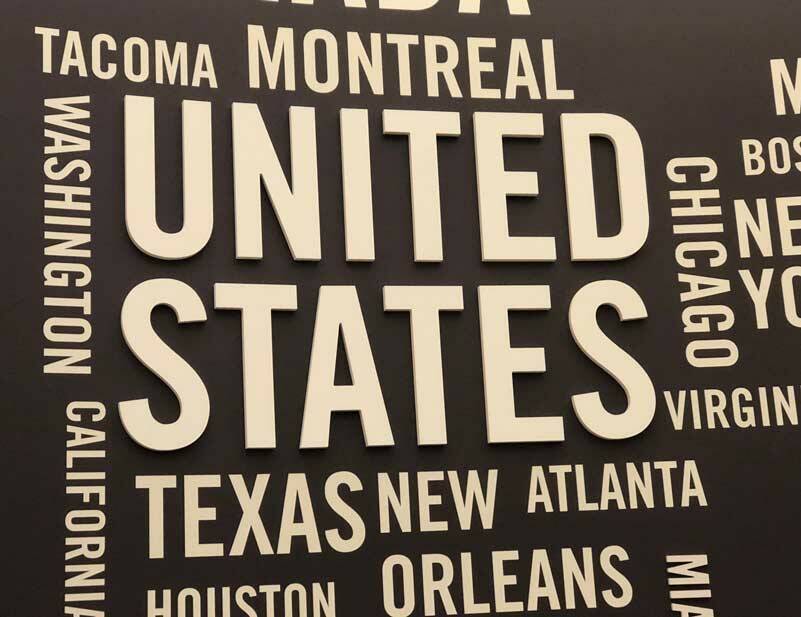By Morf Morford
Tacoma Daily Index
“One of the great mistakes is to judge policies and programs by their intentions rather than their results.” – Milton Friedman
The cliche about visionaries is that they see things the rest of us don’t see quite yet.
And, by any standard, Jeff Bezos is some kind of visionary.
I can’t say that I understand his intentions – and I am not all convinced that I want to live to see the results of those intentions.
During a Mid-November talk at the annual Ignatius Forum in Washington, DC, Bezos waxed eloquently about what he imagined human civilization will look like in the future – and, more importantly, its home address.
Not Earth.
Factory towns in space?
He expects vast cylindrical space colonies in orbit, spinning to create artificial gravity for millions of residents to take over most industrial production.
Meanwhile, Earth will be turned into a natural reserve with restricted access similar to US national parks today.
With a near permanent in-orbit population, humans will visit Earth as a global resort “the way you would visit Yellowstone National Park,” Bezos clarified.
The majority of human beings would be employed/ensconced in these orbiting factories.
Whether it would be the wealthy who would live on the Earth or the poor who would be exiled there was not entirely clear.
As you might guess, Bezos’ company Blue Origin, is expected to be a key player in all this.
What could go wrong?
Turning Earth into (or allowing it to become) something like a global nature preserve might be an environmentalist’s dream, but as always, the problems are in the details.
Who would maintain anything like security? And who would hold the access?
Would those on Earth be the free ones? Or the ones held hostage?
Would the orbiters be the “free” ones? Or would no one be “free” in this Blue Origin world?
These floating/orbiting space cities would be so massive that they would contain forests, wildlife, rivers, and would generate their own weather – and of course, food and other necessities.
These space colonies would be home for most of humanity.
With asteroids, space junk and the possibility, if not inevitability, of hacking, who would be willing to put their lives and everything they know at risk in such a venture?
Or would any of us have a choice?
Maybe I’ve heard too many tales about the grim conditions within Amazon Fulfillment Centers to be inspired by a live/work space sponsored by the “everything store”.
If there’s life on other planets, then the earth is the Universe’s insane asylum. – Voltaire
Earth as Disneyland or the ultimate Wild West?
Would Earth become the refuge – or wasteland or criminal headquarters or playground for the best – and the worst – of humanity?
Would Earth become the outpost, the base for malcontents, artists and revolutionaries?
Would Earth become the ultimate penal colony?
Or would it be a haven for those who care for and appreciate the simple things of life – the utopians among us?
And what would become of the historical and cultural centers and architectural monuments?
Would they be maintained or allowed to become overgrown?
Would they just become tourist attractions for the off-Earthers?
Life after orbit
Life and its related essentials would be horrendously expensive in orbit, so once people retired would they be exiled/allowed to go to Earth?
Would they want to if their entire lives had been in and among orbiters?
Where is “home” when you are born and live your whole life within a container – no matter how large?
Orbit or other planets?
We have something like a choice of space dreams.
We could support the Bezos orbiting plan or a semi-competing plan by Tesla and SpaceX founder Elon Musk who promotes terraforming Mars into an earth-mimicking living space.
Either one of these is absurdly expensive and based on many questionable assumptions.
Whichever one prevails, I think I’ll stick around and keep using Earth version 1.0.





